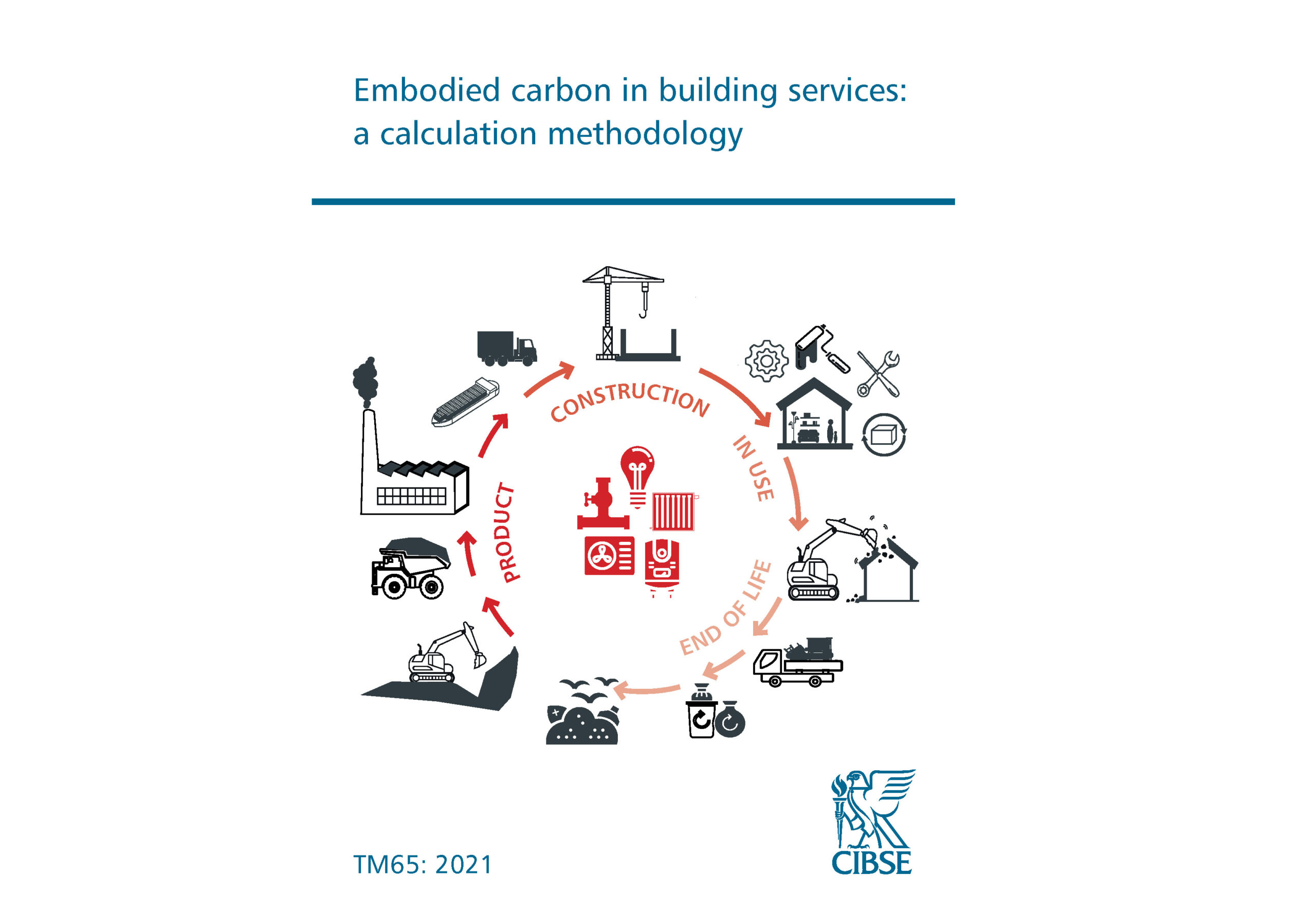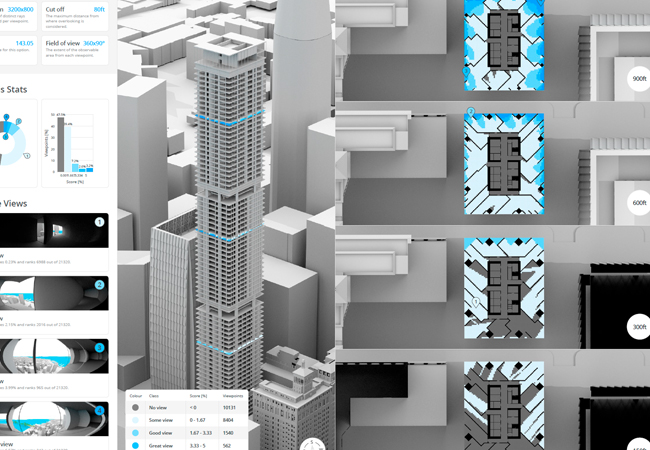
CIBSE is committed to developing and enhancing software tools that support not only its members but also the wider building services community. CIBSE is undergoing an update to their software strategy, centred on improving accessibility, enriching user experience, and integrating emerging methodologies that reflect industry needs and future demands.
Evolving the role of software at CIBSE
CIBSE has recruited a new Software Product Manager, Ben Arnold, who will help develop CIBSE’s in-house software tools, to meet the evolving needs of the members. Other areas he will be focused on are enabling digital access to CIBSE’s content and data and assessing tools and proposals from external sources to ensure that they align with CIBSE’s standards and are evaluated by relevant Special Interest Groups (SIGs) or working groups.
Key focus areas for 2025:
Energy benchmarks
Energy benchmarks are essential resources within the building industry. They have been identified as a top priority by CIBSE due to their influence on various applications and their foundational role in data-driven decision-making related to building performance.
To enhance their accessibility and impact, CIBSE is working on rebuilding the benchmarks platform as a standalone tool, independent of the main CIBSE website, and will continue to offer public access to benchmark data.
In collaboration with University College London (UCL), CIBSE is also supporting the development of new benchmarks.
CIBSE has entered into a five-year project with UCL with the long-term vision of becoming the central hub for building energy benchmarks. This initiative aims not only to curate and maintain these datasets but also to collect and leverage industry-wide energy data to drive best practices across the sector.
TM65: embodied carbon tools and methodology
TM65 has become one of CIBSE’s most in-demand methodology tools, providing a structured and practical methodology for calculating embodied carbon in building products and systems. As its adoption grows internationally, CIBSE is enhancing both the underlying methodology and the overall digital user experience.
A major development is the launch of a new, user-friendly web portal to streamline TM65 calculations and enable users to save calculations directly to the database. CIBSE is aware of the need for bulk calculations, and the ability to edit saved calculations and is actively working on solutions.
CIBSE is also improving how all TM65 data received to date is aggregated and structured, transitioning from unstructured spreadsheets to a structured dataset that will support deeper insights.
To ensure consistency and credibility, CIBSE’s Certification team can certify TM65 calculations from manufacturers. CIBSE sees this as hugely important to ensure accuracy and comparability in products using TM65.
The aim is to develop a certified products register on the Certification website, a database available in new software developed by CIBSE, and to explore the potential for a certified products API to integrate with Life Cycle Assessment (LCA) software.
CIBSE is committed to driving meaningful progress in embodied carbon reporting by developing reliable benchmarks, promoting the adoption of Environmental Product Declarations (EPDs), and positioning TM65 as a robust interim solution on the path toward low-carbon construction.
Making publications and data fit for a digital future
CIBSE recognises that the way professionals access and interact with technical publications is changing. Work is underway to enhance how CIBSE publications and data are delivered to a digital-first workforce, with further updates expected later in the year.
Looking ahead
CIBSE’s long-term software vision is centred around usability, interoperability, and value. By continuously improving platforms like TM65 and the Energy Benchmarks, and by embracing digital innovation, CIBSE aims to future-proof its resources and maintain leadership in the building services sector.
Conclusion
The ongoing development of CIBSE software tools is crucial for supporting the digital transformation of the building services industry. By making data and methodologies more accessible and user-friendly, CIBSE is helping its members stay at the forefront of industry advancements.
- For further updates on CIBSE’s software developments, members are encouraged to attend CIBSE events and subscribe to official communications.



